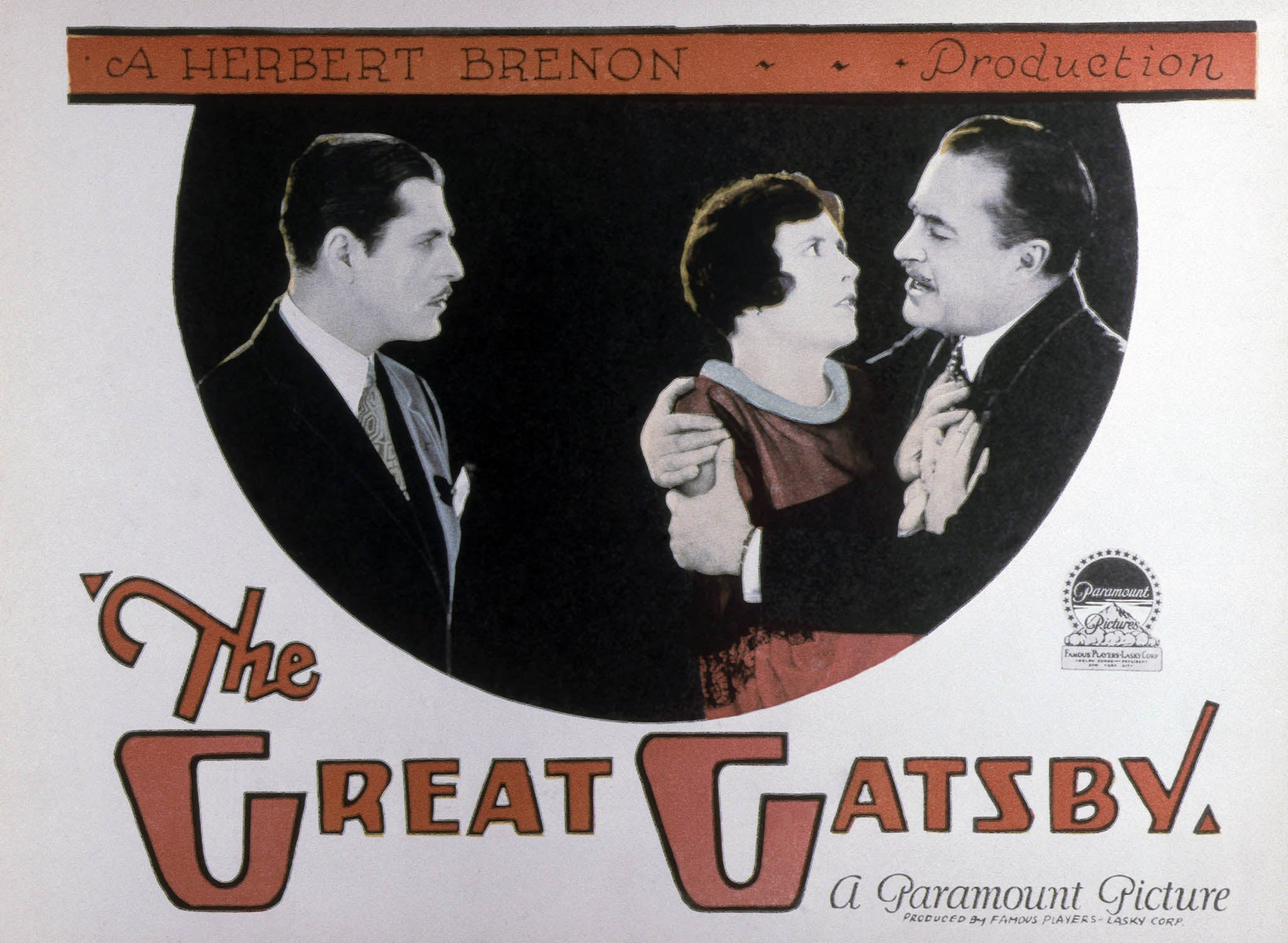Majority of American silent films lost to decay
Report shows 75 per cent of US silent films have been lost to neglect or decay

The vast majority of feature-length silent films made in the US have been lost to decay and neglect over the past 100 years, allowing an original 20th century art form to all but disappear.
A research study published by the Library of Congress has revealed that a massive 75 per cent of the silent film era’s work has failed to survive, with just 14 per cent of the 10,919 silent films produced by major studios still existing in their original formats.
Entitled “The Survival of American Silent Feature Films: 1912-1929”, the Congress report by film historian David Pierce recommends initiatives be launched to encourage the rediscovery of silent films.
The Library of Congress has attributed the dramatic loss of silent films to the film industry’s neglect and the vulnerability of nitrate film to fire and decay.
The 1926 silent film of F Scott Fitzgerald’s The Great Gatsby, 1917’s Cleopatra and Lon Chaney’s 1927 London After Midnight are among the notable films believed lost in their complete form.
Almost all the films by Hollywood’s first Western star Tom Mix have been lost and only five of Will Rogers’ 16 movies survive.
Of the 3,300 US silent films still in existence, 26 per cent were discovered outside the US.
The Congress report hopes to raise awareness and “repatriate those ‘lost’ American movies to ensure that they are preserved before higher losses occur”.
Responding to the report, Martin Scorsese told Variety: “The research presented in this report serves as a road map to finding silent films we once thought were gone forever and encourages creative partnerships between archives and the film industry to save silent cinema.”
Scorsese paid tribute to the silent form in his 2011 film Hugo, while Michael Hazanavicius’ silent picture The Artist took the Oscar for Best Picture in 2012.
Shot in black and white, The Artist tells the story of a silent movie star who meets a young dancer before the arrival of talking pictures sends silent cinema out of fashion and their careers move in different directions.
Silent feature films still in existence today have been documented, along with their current location, in the American Silent Feature Film Survival Database on the Library of Congress’ website.
A tribute message reads: “The era of the American silent feature film lasted from 1914 to 1929. During that time filmmakers established the language of cinema, the motion pictures they created reached a height of artistic sophistication, and these films with their recognizable stars and high production values spread American culture around the world.”
Join our commenting forum
Join thought-provoking conversations, follow other Independent readers and see their replies
Comments
Bookmark popover
Removed from bookmarks